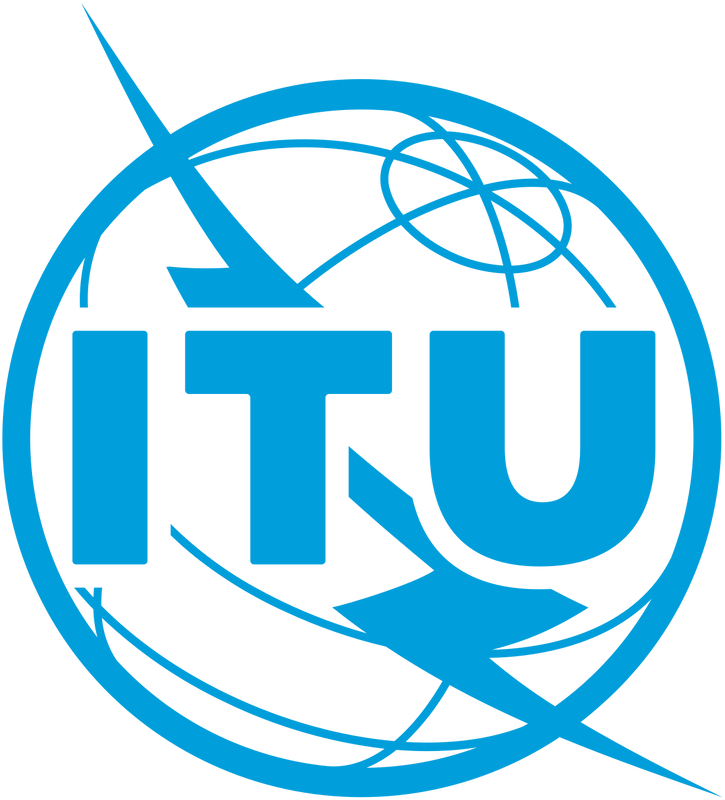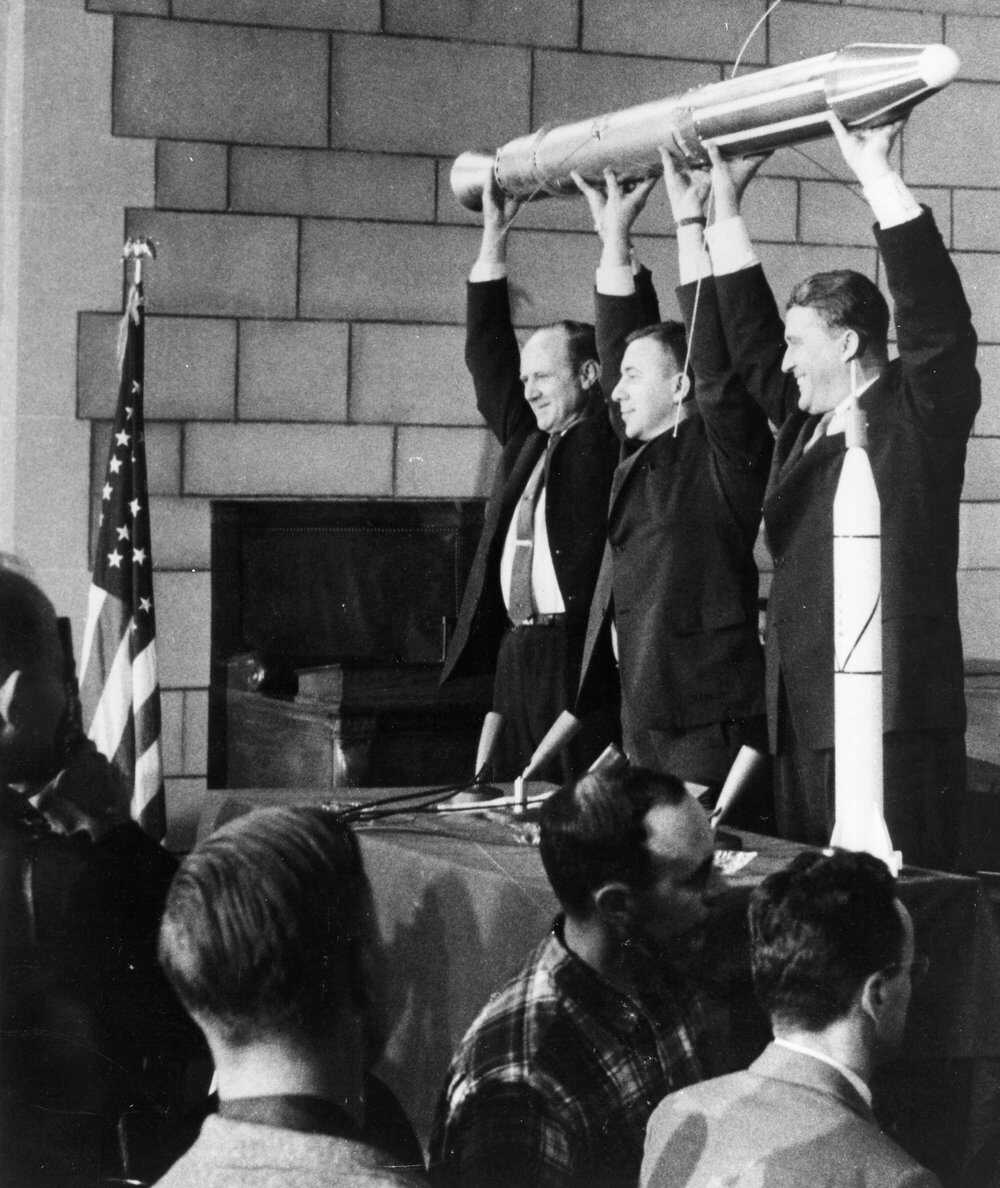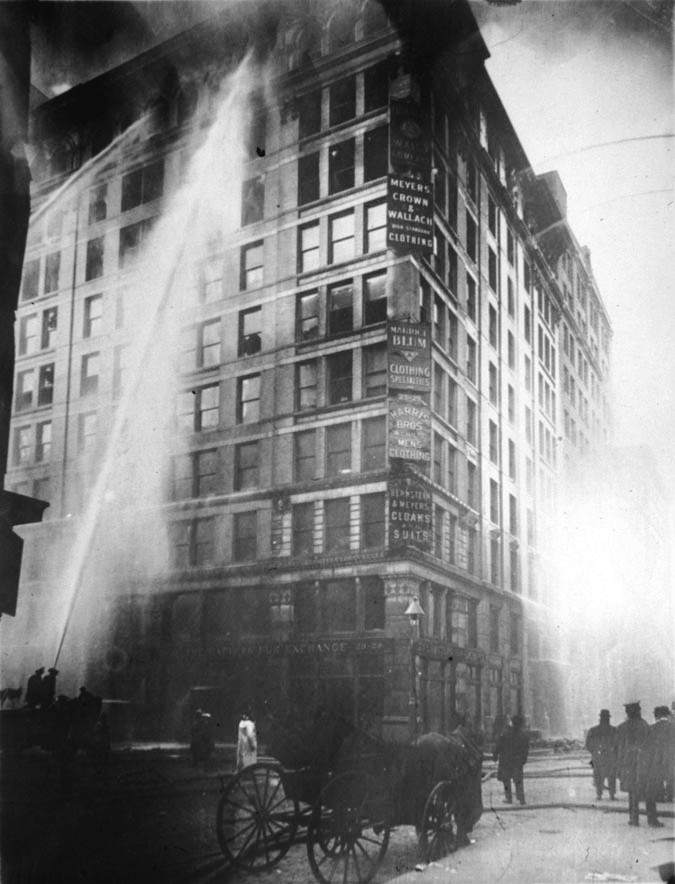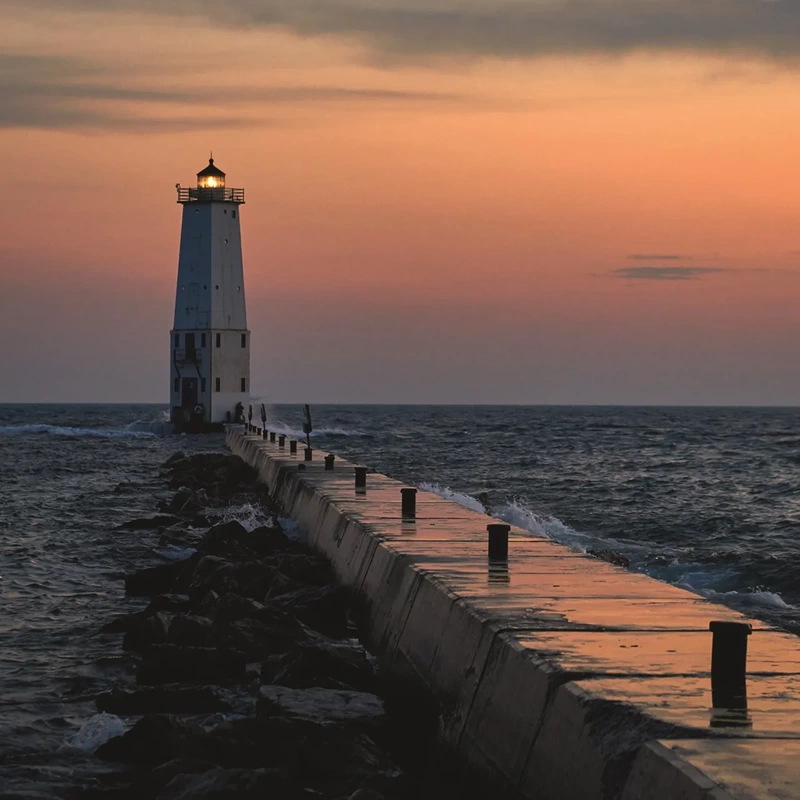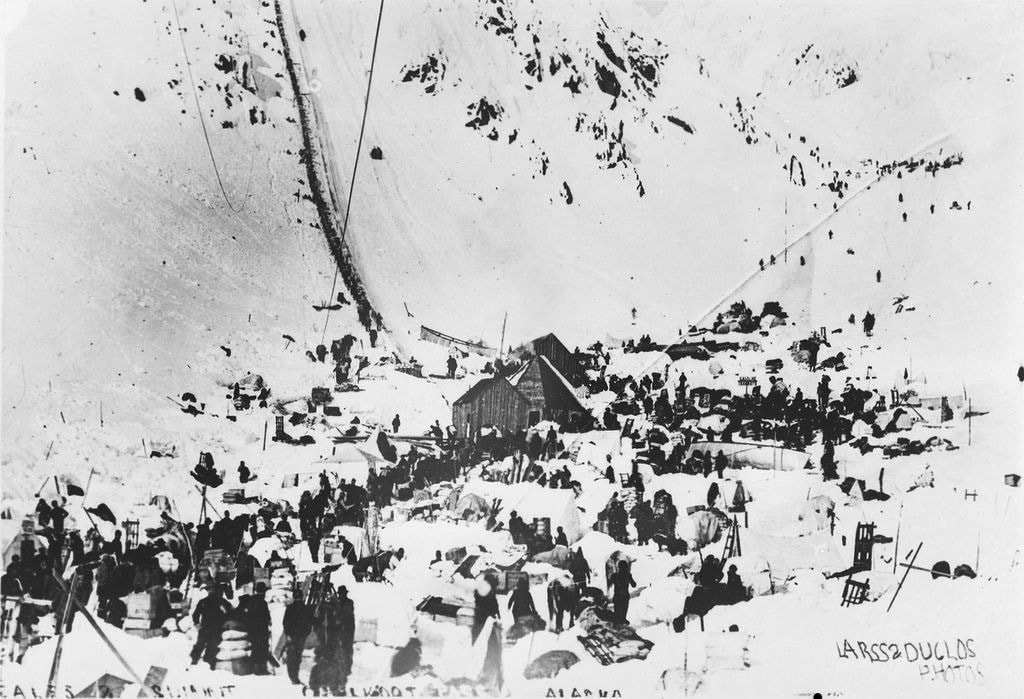General Assembly
|
International Telecommunications Union (ITU)
During the 21st century, technological innovation continues to exponentially skyrocket. Everyday, we see new developments across the world in many fields. However, one of the technological domains experiencing unprecedented growth is within the field of Telecommunications and Information Technology. In the International Telecommunications Union, delegates will have the opportunity to tackle these very real and upcoming issues, which have only recently begun to take a central spotlight role. Delegates will have the opportunity to discuss pressing developments in these fields within the International Telecommunications Union, one of the UN’s 16 Specialized Agencies, tasked with overseeing development in telecommunication and information technology. It exists in a unique position due to its emphasis on cooperation with the private sector, with access to worldwide sector members that delegates will be allowed to call upon within their solutions. While artificial intelligence and machine learning is becoming extremely prominent in popular culture, developments in the network of the Internet of Things are becoming ever more commonplace within the developed consumer and industrial economy, and delegates will be tasked with addressing these forthcoming issues. |
|
World Health Organization (WHO)
The WHO has been one of the most effective UN agencies, reducing the death rates for nearly all diseases, as well as making great strides in reducing the transmission of many diseases, such as malaria, cholera, and others. WHO’s mission, however, is far from over. Many have criticized their recent response to the COVID-19 Pandemic, calling for more preventative actions to be instituted, as well as responding to the immediate aftermath. This will be your mission as a delegate, to navigate the aftermath of the COVID-19 Pandemic, and to ensure the next pandemic is better taken care of. Good Luck, and we at MSUMUN will look forward to seeing your ideas. |
|
Disarmament and International Security Committee (DISEC)
The year is 1962, and the space race is in full force. The threat of the cold war and the competition of space expansion has created rising concerns over the sovereignty of nations throughout space and the safety of astronauts. As more and more countries develop interests in space exploration, the question of how countries on Earth will peacefully address the issues of space will be explored. From the safety of space cadets, to cold war threats of international cooperation, delegates will be challenged to find a course for peace, or bring a new cold front into an already cold war. Delegates participating in this committee will have the opportunity to promote international cooperation within space, while not stifling the promise of an ever expansive cosmos. |
Specialized
|
Love is an Unlocked Door: Triangle Shirtwaist Factory Fire Aftermath
On March 25th, 1911 a fire broke out in New York City’s Asch Building, which housed the Triangle Shirtwaist Factory. Due to the locking of doors during work hours, cramped hallways, and very few exits, numerous lives were lost trying to escape the building. In total, 146 deaths occurred, mostly of female garment workers as young as 14. This tragic event ignited something in the public eye. Suddenly there was a spotlight highlighting issues with the current labor and safety laws as well as a growing sentiment that something needed to change. From this outrage, the New York legislature formed a committee set on implementing new laws to prevent future workplace tragedies. Delegates will get the opportunity to take on roles such as survivors, worker rights activists, firefighters, and New York politicians; and are tasked with coming to a consensus on what should be done. |
|
In Hot Water: The Great Lakes Compact
Less than 1% of the water on Earth is usable, 20% of that is in the Great Lakes: because of these facts, diverting water from the Great Lakes isn’t a new idea. However without proper management, diversions can critically impact water systems. In 2008, the US president signed into law the Great Lakes Compact, an agreement between the eight Great Lake States and 2 Canadian provinces. Their reason: to protect and maintain their H.O.M.E.S. as vital economic and cultural resources by banning diversions of water from the Great Lakes basin. The committee was set up in 2016, right after Waukesha, WI requested a diversion of water from Lake Michigan because their water supply is contaminated with radium. Waukesha was the first real test to the compact but now more than just the Great Lake Compact states are present. The delegates will have to find common ground in diverting water, maintaining economic and ecological sustainability, as well as potentially hearing from other states on why they need a diversion of water. |
|
Look What You Made Her Do: The Sale of Taylor Swift's Masters
In June 2019, Taylor Swift was on top of the world. She was debuting her 7th studio album Lover to commercial success. This talented songwriter had recently left her original music label, Big Machine Records, with whom she released her 6 record breaking albums, to join Universal Music Group in November 2018. The offer gave her more freedom and control which Swift had long desired. Truth comes to light that Big Machine’s CEO, Scott Borschetta, Swift’s long time friend and business partner, conducted a secret deal to sell the label, including Swift's masters to someone she had bad blood with: Scooter Braun. Borschetta had previously promised Swift he would give her an opportunity to buy her masters, and had promised he wouldn’t do business with Braun. Now, Swift is lying on the cold hard ground and Team Taylor must figure out their next steps and, in doing so, make history in the world of music and copyright law. |
Crisis
|
Establish Civilization In the Klondike Gold Rush of 1896
In the midst of the frigid tundra of northwest Canada, a man by the name of Skookum Jim with the help of his family has made a revolutionary discovery: gold flows in the Klondike River. The discovery has made headlines around North America, interesting people from the western United States desperate enough for money to stampede to the Yukon region of Canada and Alaska to reach the Klondike. While searching for gold, prospectors have erected Dawson City in the Yukon to serve as the living center for all who come to the Klondike. Dawson City boomed and became home to around 30,000 people at its height, but the new citizens of this city soon realized the difficulties of living in the Yukon. Diminishing food reserves, a likelihood for fire, and more plagued the new city. Additionally, the question of when the gold in the Klondike would dry troubled the mind of the Dawson community. The citizens of the City will have to come together to tackle issues such as these and develop their new home. The continued survival of their city would be up to their collaborative efforts alone to ensure civilization at Dawson City could succeed in the long term... |
|
TikTok: Board of Directors
BREAKING NEWS: THE UNITED STATES CONGRESS THREATENS NATIONAL TIKTOK BAN UNLESS TIKTOK ACTS. The United States has raised concerns regarding TikTok’s privacy rules, the impact on children and mental health, and their content moderation process. Now, the TikTok’s Board of Directors must ban together to face this challenge. Being the responsible board that they are, they have decided to bring in various ‘consultants’ in order to advise their decisions. Together, board members, TikTok influencers, and various advertising partners will work together to ensure the continued success of the juggernaut that is TikTok. As trends come and go, the board must be ready to adapt and overcome any challenge they may face. The fate of TikTok and its billion users falls in your hands, will TikTok survive? |

